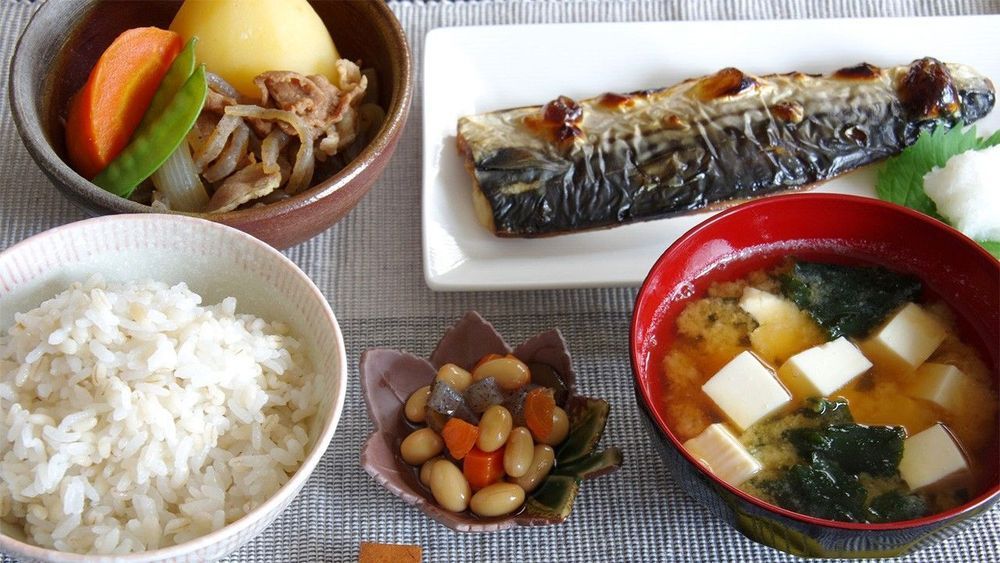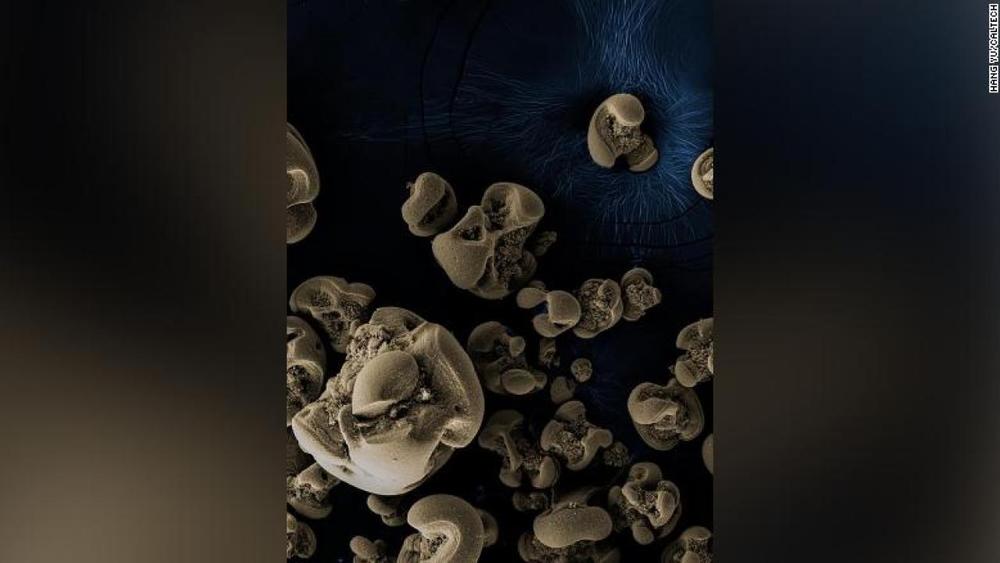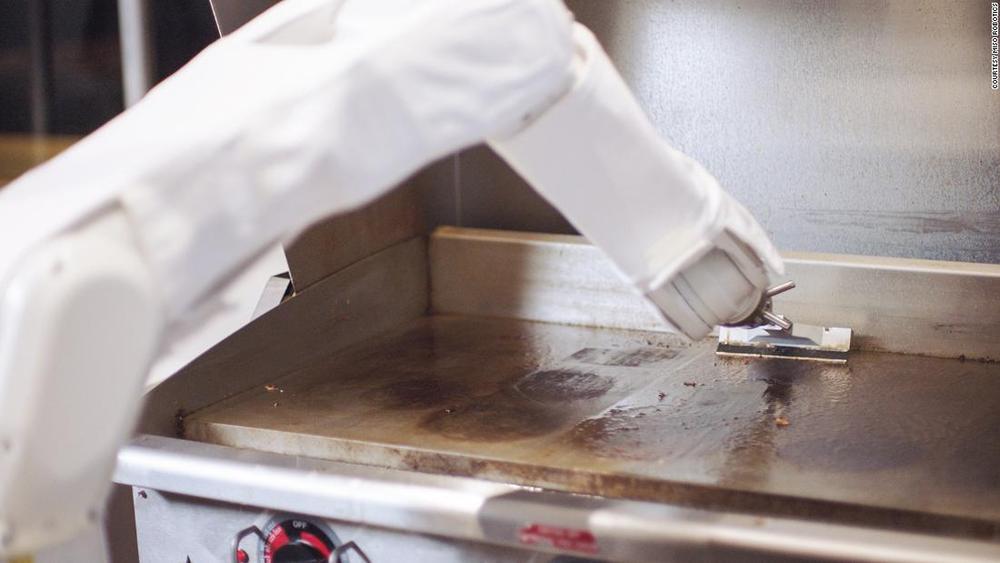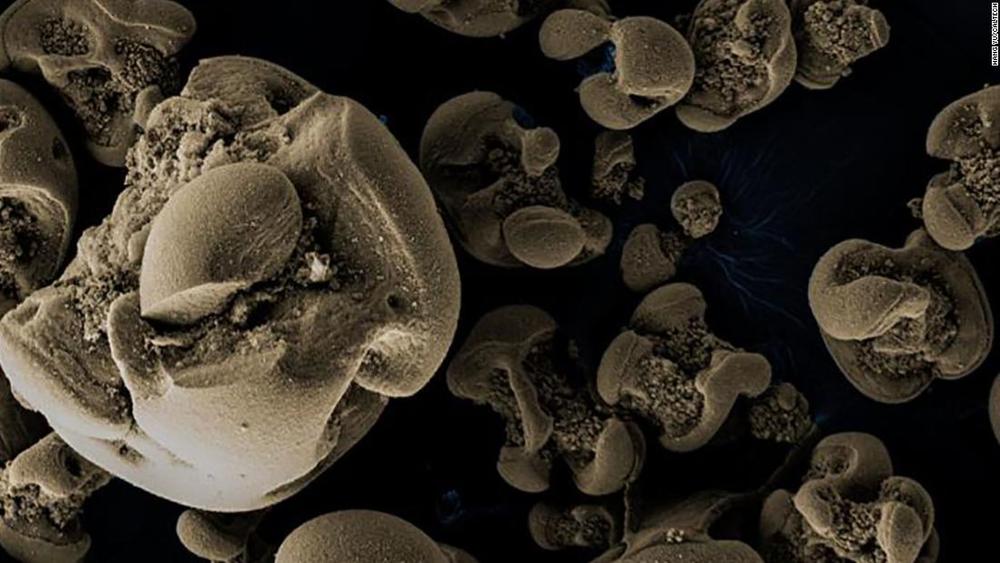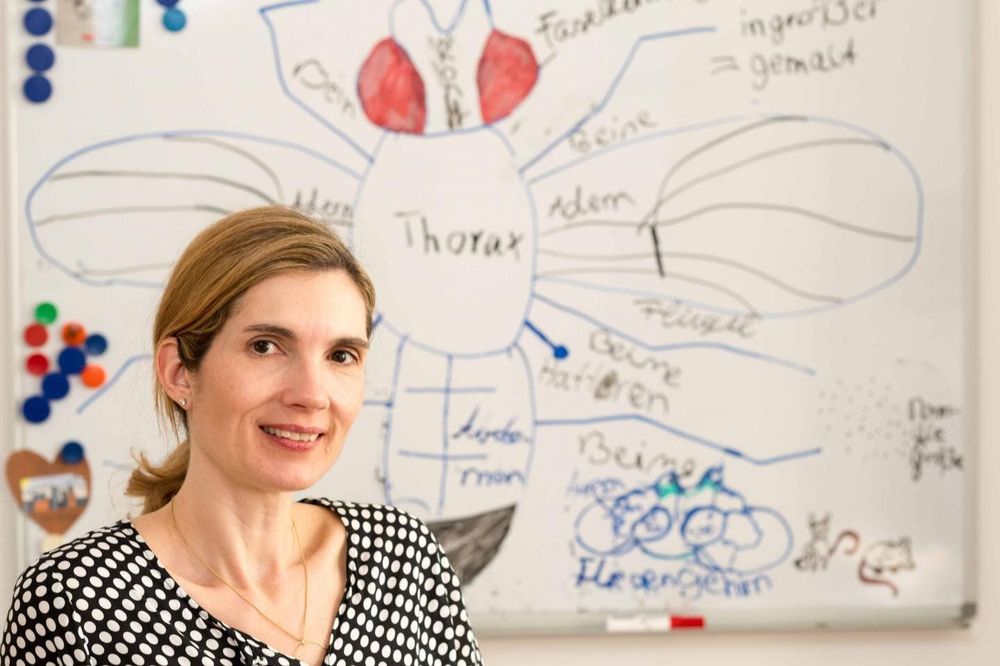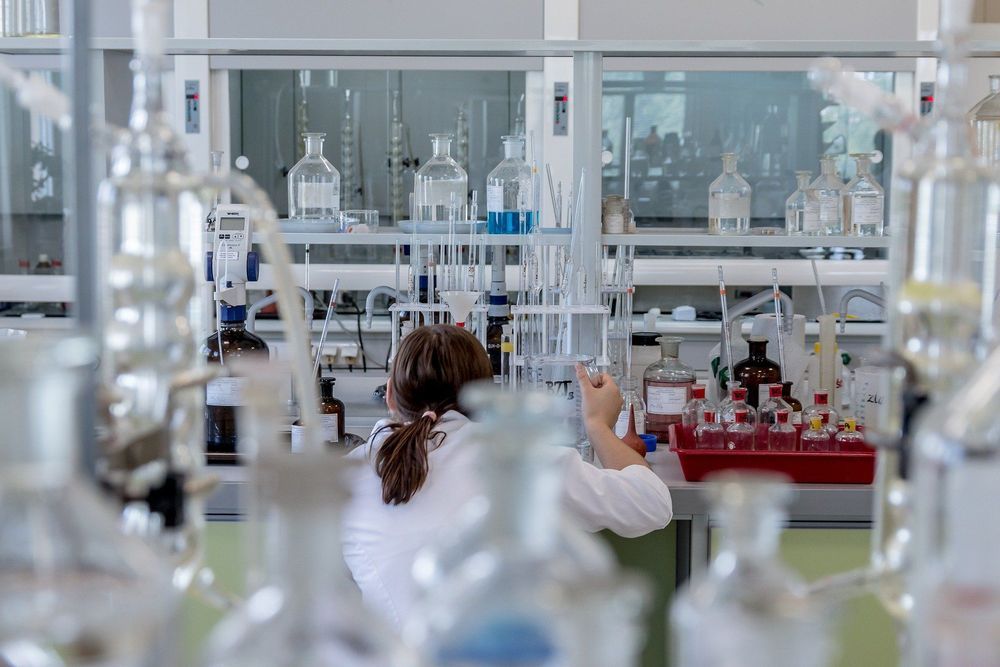Japan boasts one of the longest life expectancies on earth, and it also a world leader in “healthy life expectancy”—the number of years of good health people can expect on average. Since diet is believed to play a key role in a population’s health and longevity, researchers around the world have been studying the benefits of the Japanese diet for some time now.
But what exactly is the Japanese diet? The people of Japan do not dine primarily on sushi, tempura, or other well-known Japanese specialties. Moreover, their eating habits have changed over the years. For our research, we used national surveys to compile weekly menus representative of the Japanese diet at various points in time over the past half century. In the following, we will take a look at the comparative health effects of these menus.
The health benefits of Japanese cooking are widely touted, but what exactly is a healthy Japanese diet? Food scientists in Japan have homed in on the nutritional keys to health and longevity, and their conclusions may bode ill for the younger generation.
